NUDGING LIMITATIONS _ Navigating Boundaries Through Spatial Practices – 2021

This webinar series delves into the theme of ‘limitations’ and explores spatial practices that not only challenge but also navigate through them. In the wake of recent events, particularly the COVID-19 outbreak, our perception of ‘limitations’ has ironically expanded, affirming the pivotal role of the built environment as both a recipient and a frontier of change.
We address “Limitation” beyond the traditional semiology of both limits and restrains. The word is employed in its wider sense, encompassing not only its negative connotations of restrictiveness but also its challenging nature that induces creativity to crack open the darkened status quo and shed light on possibilities. It is about how limitations become submissive to the “will to/for change.”
Focusing on spatial processes and ongoing, unfinished hands-on practices, the ‘Nudging Limitations’ series of talks seeks to understand how different and mostly multi-layered limitations drive change, restructuring the built environment and influencing societal behavior and policies. Exploring the nuances of nudging old and new (imagined) fixities of limitations through spatial practices, we aim to allow meanings to (re)emerge within them.
In these talks, we invite you all to look beyond the idealized illusions of ‘best practices’ and move together towards critical thinking of challenges. We dwell on ‘how’ and ‘why’ through observations and practices, embracing failure as a rich lesson that propels us a step forward to ‘then, what is next.’
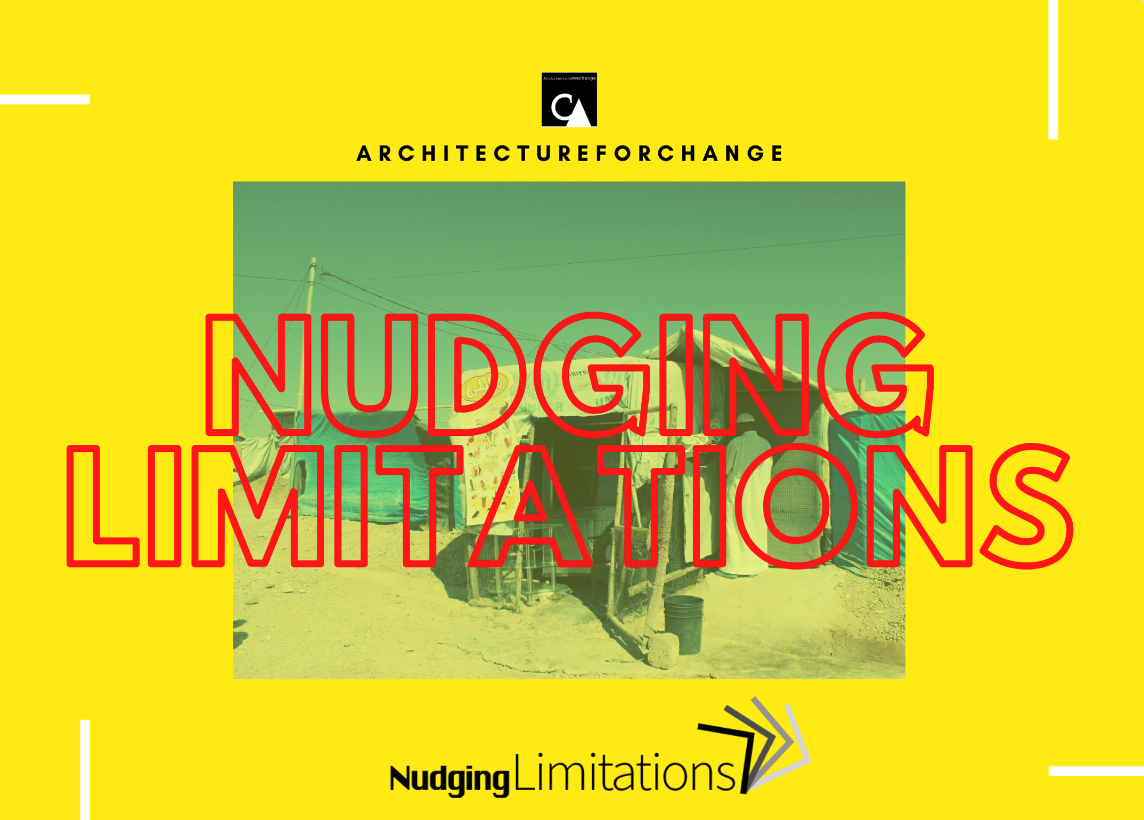
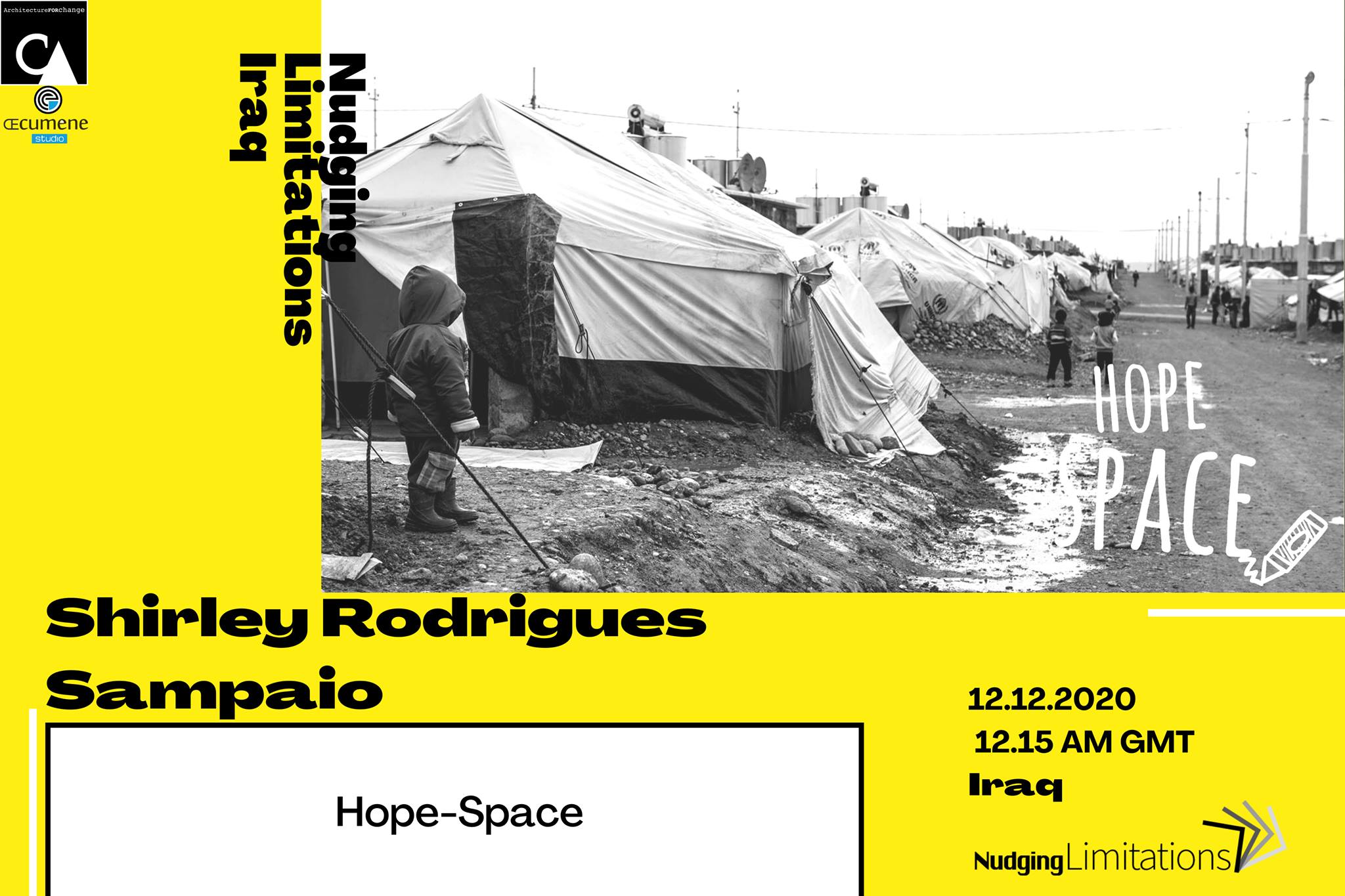
Shirley Rodrigues Sampaio is a Brazilian school teacher and an humanitarian officer. Today, she is working in kawergosk refugee camp as program manager for Baptist Convention World Mission Board. Shirely Rodrigues works towards inclusion and creation of child-educational friendly spaces in critical environments.
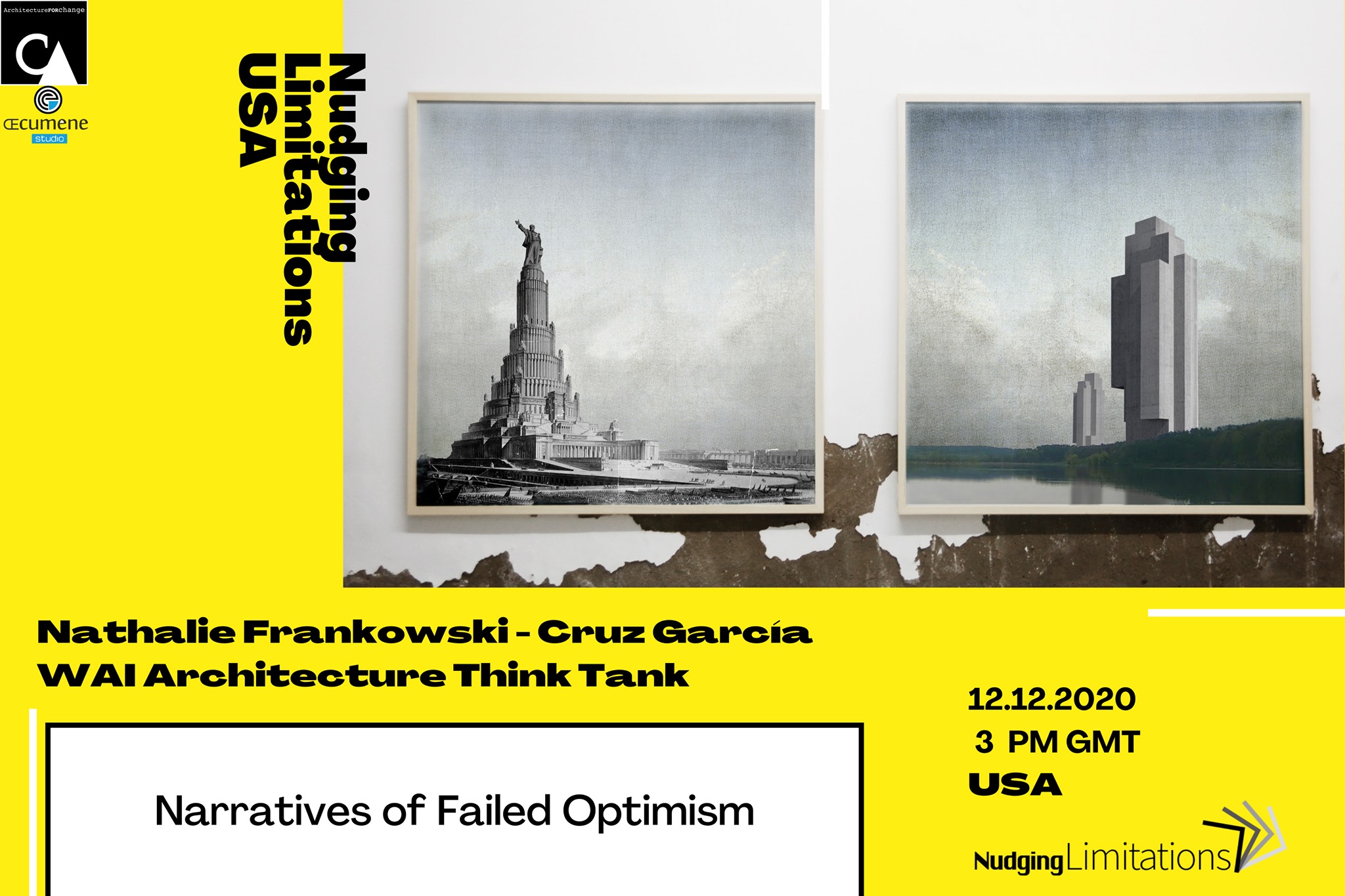
WAI Architecture Think Tank is a planetary studio practicing by questioning the political, historical, and material legacy and imperatives of architecture and urbanism through a panoramic and critical approach. Founded in Brussels during the financial crisis of 2008 by Puerto Rican architect, artist, curator, educator, author and theorist Cruz Garcia and French architect, artist, curator, educator, author and poet, Nathalie Frankowski, WAI is one of their several platforms of public engagement that include Beijing-based anti-profit art space Intelligentsia Gallery, and the free and alternative education platform and trade-school Loudreaders.
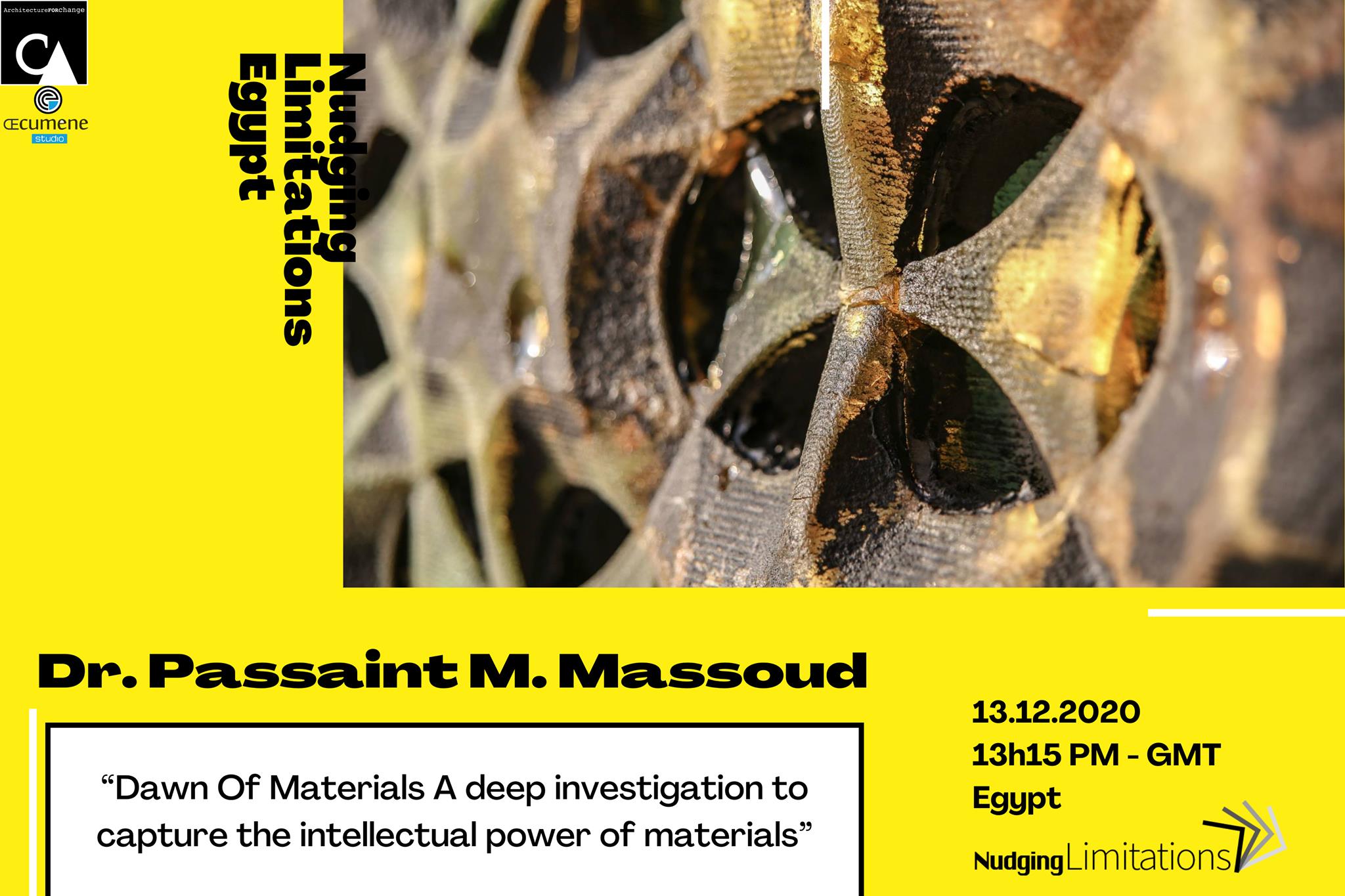
Passaint Massoud is one of the pioneer’s Female Professors in Egypt who introduced digital computing design and tools in design studios for undergraduate courses. Since fall 2013 Passaint started teaching at American University in Cairo and Cairo University to present as an adjunct faculty, Passaint joined Université Française d’Egypte in 2015, Passaint is a full-time Associate professor and collaborated with the French school of architecture presented in INSA Strasbourg a different experience was added and fostered her professionalism, Passaint was nominated in Mohamed Maki award for achievement in Tamayoz Middle East awards cycle 2020, Passaint is an inspiring female professor in digital architecture for the younger generation of female architects as well. Passaint research scope is focused on building culture and digital computing in Architecture.
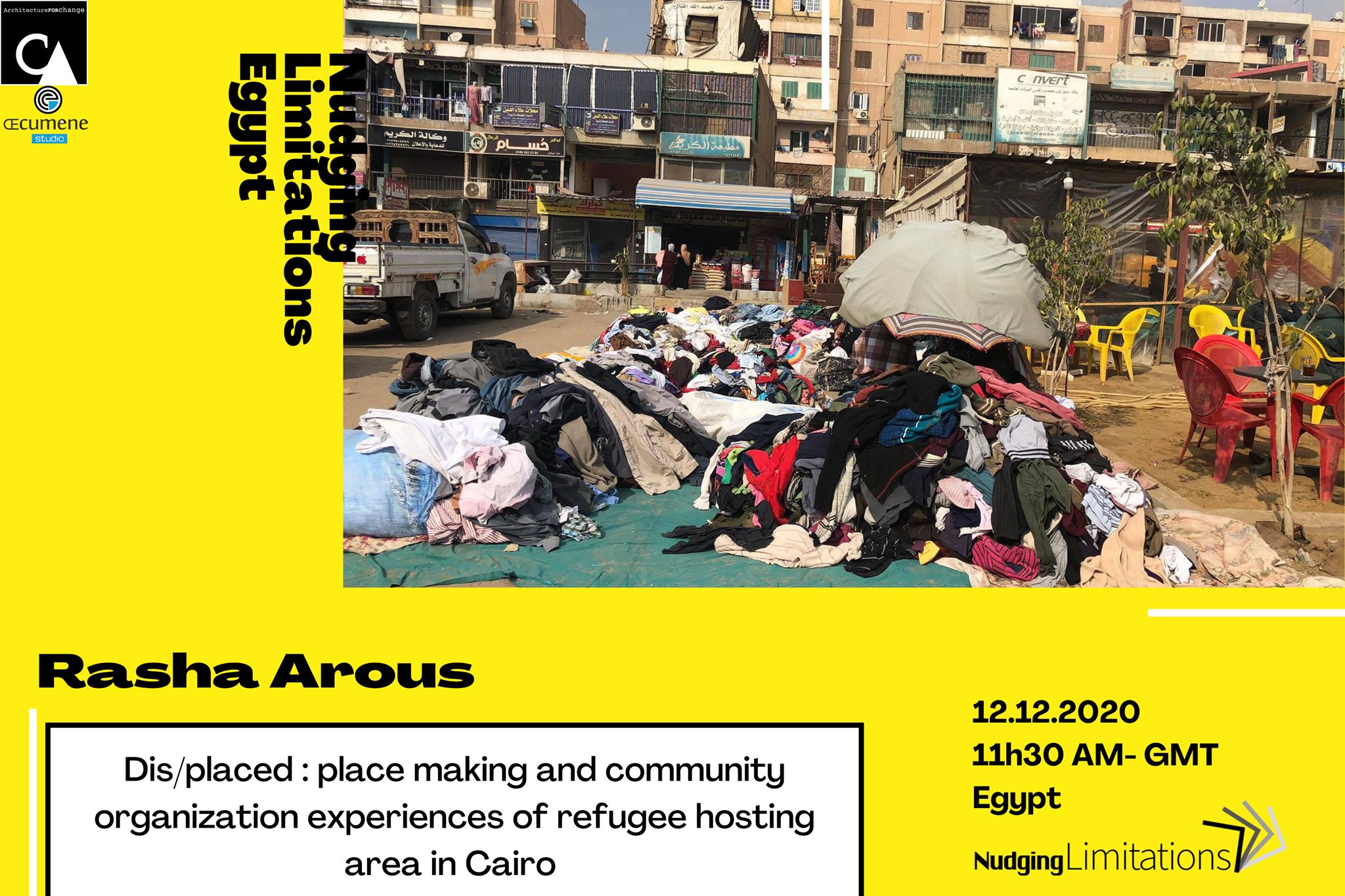
Rasha Arous holds a bachelor in civil engineering and master in urban planning in developing countries from Oxford Brookes University and a double Master degree from University of Stuttgart and Ain Shams University in Integrated Urbanism and Sustainable Design. She worked with the Aga Khan Trust for Culture in rehabilitation projects in old cities, which involved rehabilitation and development programming in their spatial, socioeconomic, cultural and heritage-based programming. In 2008 she initiated and directed the Old Aleppo socioeconomic development Programme in the old city of Aleppo and was the manager for two years. Later to the Syria Crisis, she directed her research focus into the conjunction between Urban development, displacement and culture and have been extensively researched refugees’ cityscapes, community making and mobility in addition to relationship to urban forms and governance. In 2013, she initiated and managed UNHCR’s urban development Programme in refugee hosting areas and later managed the portfolio of economic inclusion of refugees.
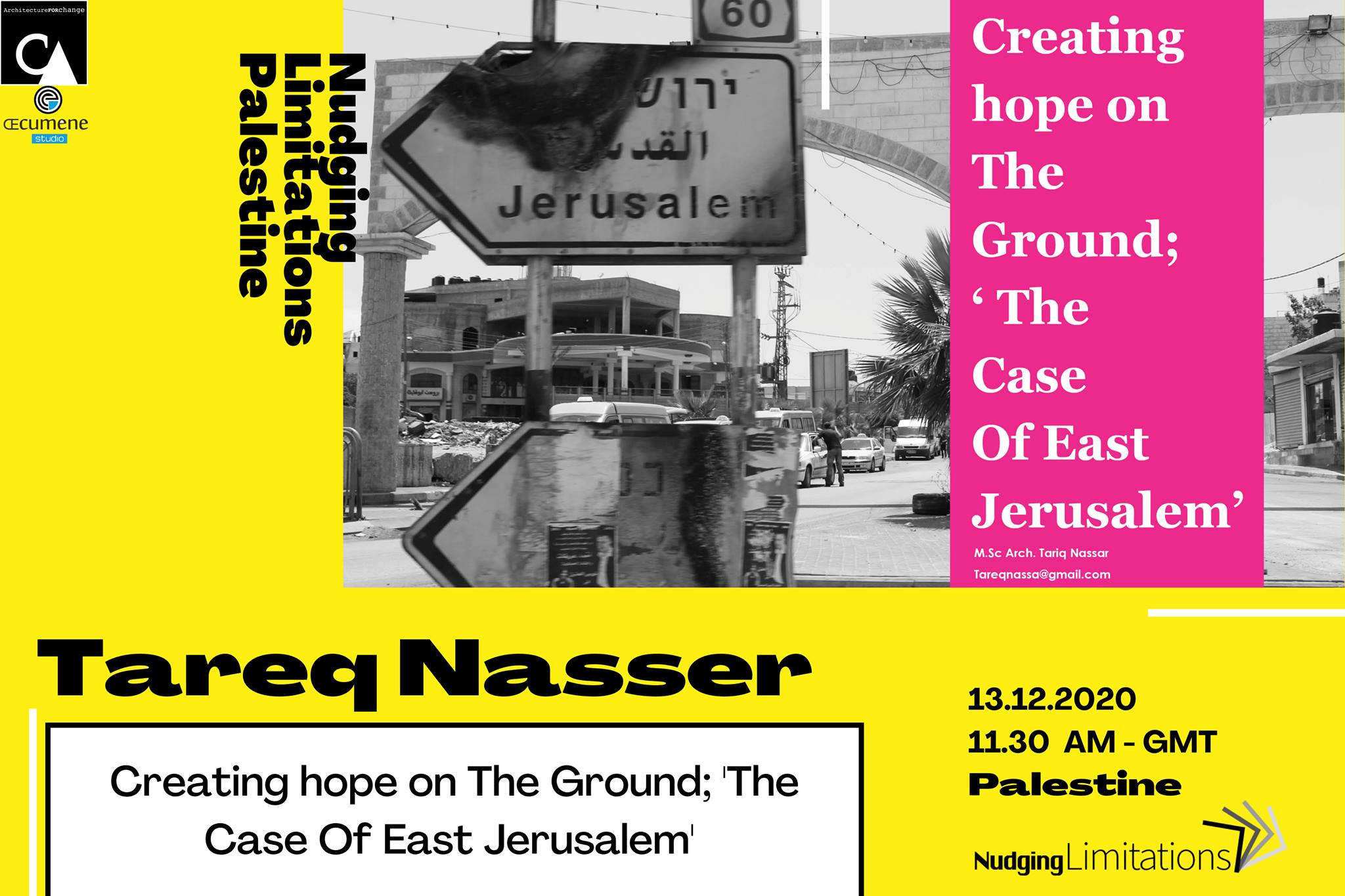
Tariq Nassar is an Architect and Urban planner, was born in 1984 and grew up in Ras Al-Amoud neighborhood in East Jerusalem. He is the co-founder of Sinsila center; It is a new model for urban sustainability in East Jerusalem. Tareq worked as a freelance architect and an urban planner working on several projects in East Jerusalem and other areas focusing on Placemaking, master plans and community development. Through his experience as a community architect, he has developed methods to work with communities to design, implement and activate projects, applicable in areas with limited, or no master plans as well as a toolbox for designing in contentious places. A recognized expert in his field, he has presented in conferences and workshops worldwide.
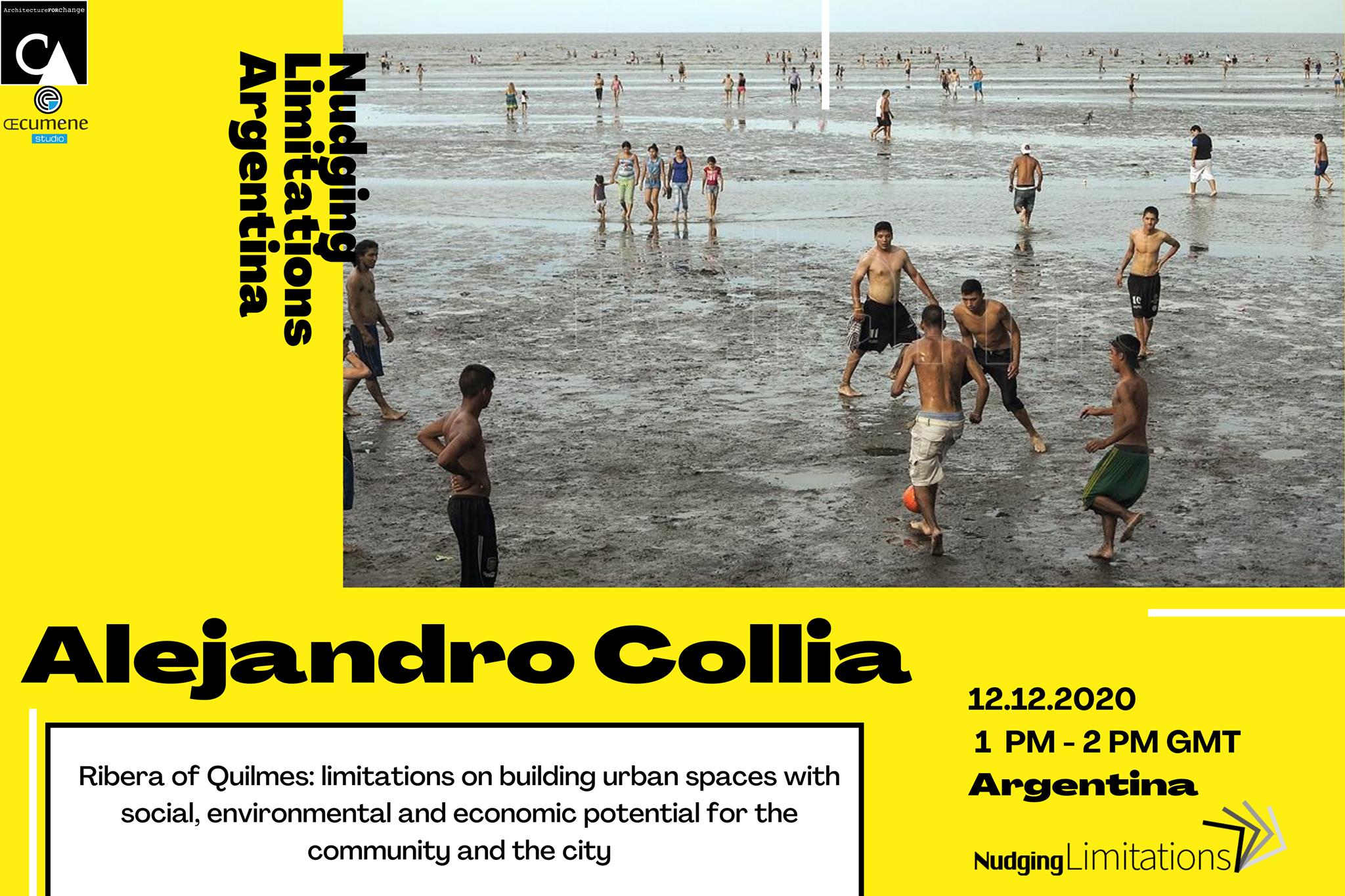
Alejandro Javier Collia Founder and Executive Director of Global & Local. A Consultancy Group, working to build more sustainable, more resilient and more human cities. Former Executive Secretary of the Federal Counicl for Human Rights Argentina. Strategic Advisor for the Common Goods Project (International Program on Democracy, Society and New Economies, Universidad de Buenos Aires). Former General Director of the Victims Attention and Assistance Department (Government of the Autonomous City of Buenos Aires).
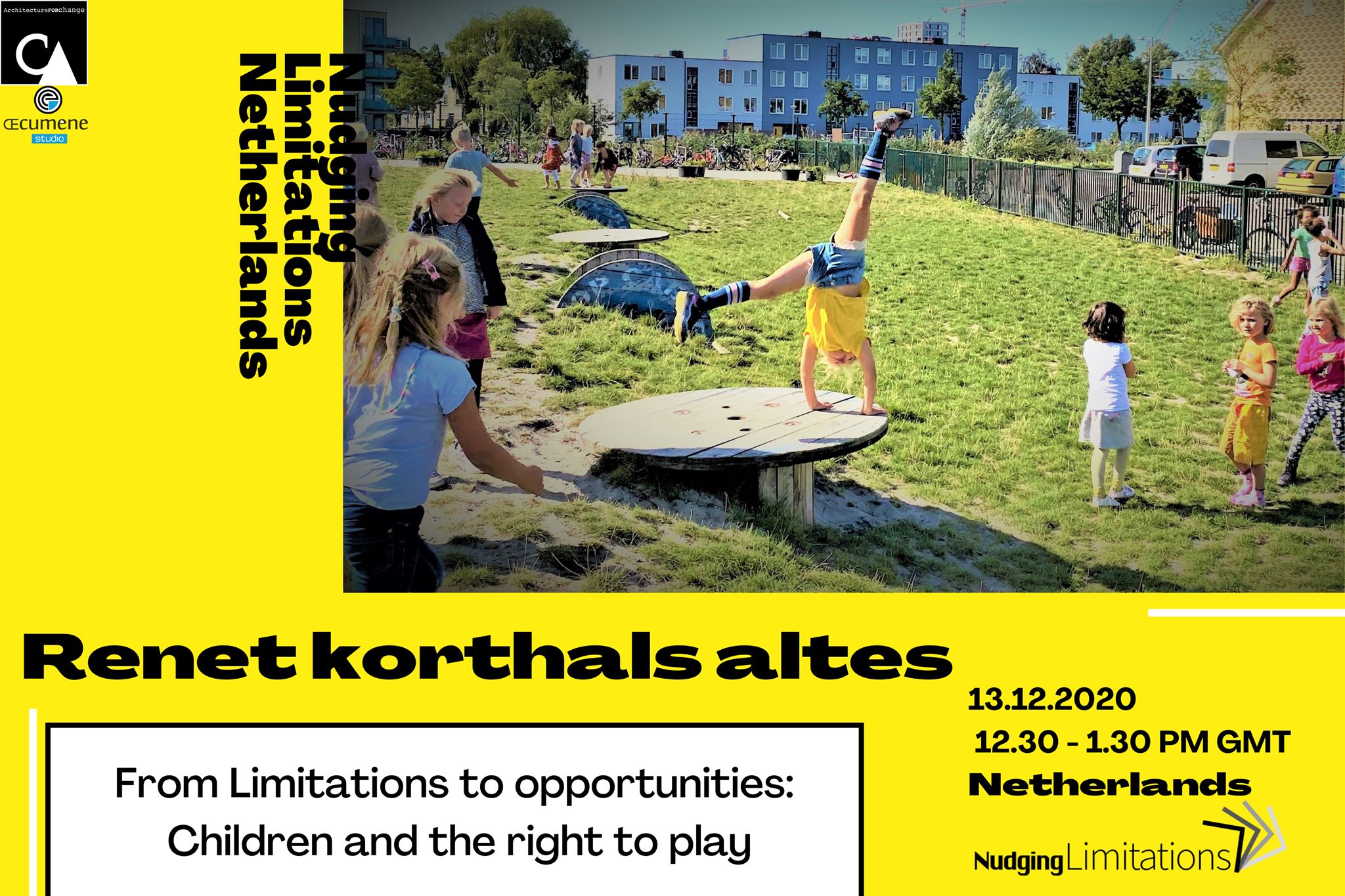
Renet Korthals Altes is a child centered designer, consultant and trainer. Her education is dual: bachelor & masters in architecture (Technical University Delft) and Pedagogical Academy for primary schools. She has fifteen years of experience as a playground designer, in a wide variety of (inter)national contexts. Her work-experience covers a wide range: municipal community squares, school yard designs, greening playspaces, low-budget community projects, projects focusing on special needs children, child-friendly neighbourhoods, and projects for refugees and their host communities.
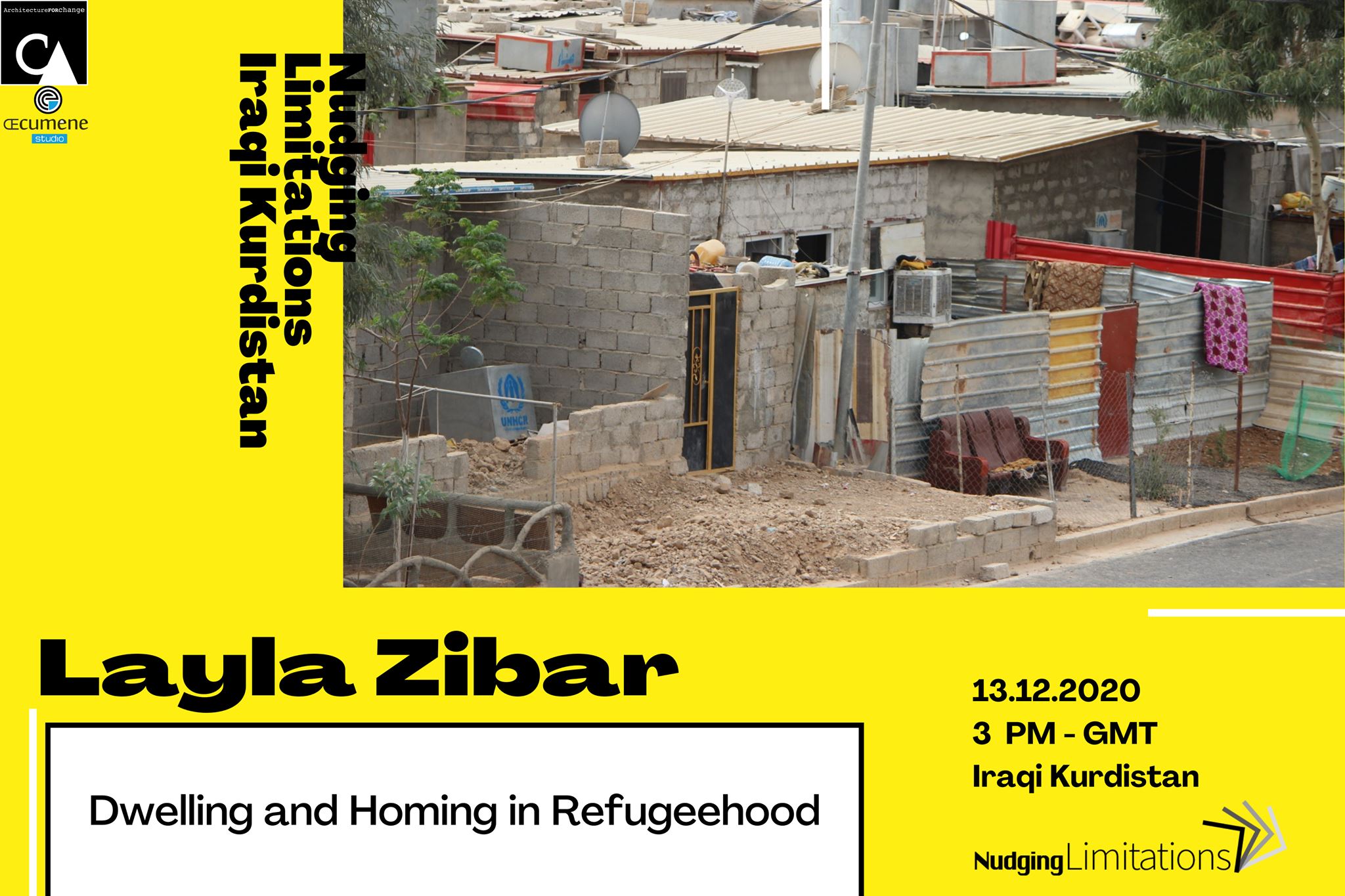
Layla Zibar is a Ph.D.holder in a joint Doctoral agreement between KU Leuven (Belgium) and BTU (Germany). She obtained her Master’s degree (MSc) from Cairo University in Urban Design and Community Development, and her BA in Architectural Engineering from Aleppo University. Layla is Kurdish by origin, and she was born and raised in Aleppo, Syria. She currently lives in Leuven, Belgium. She worked with several NGOs & Design Studios in spatial upgrading and urban interventions participatory projects for disadvantaged groups. She worked as a project consultant with BORDA in Iraqi Kurdistan, as a Project Coordinator in Egypt with OEcumene Studio, and urban designer in CDC, Egypt.